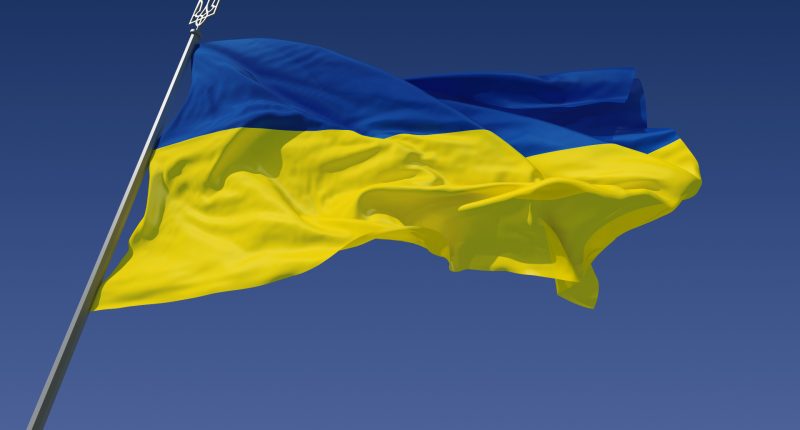The Russian invasion of Ukraine has shed light on an unlikely matter – cryptocurrencies – who have pulled their weight during the crisis. Since then, donations have been flowing in (in cryptocurrencies, mostly in Bitcoin or Ether, and some in NFTs) to stand with the people of Ukraine. These donations have exceeded $100 million, and this does not look to stop anytime soon.
This has not gone unnoticed by the Ukrainian government. Now, president Volodymyr Zelenskyy has signed a law to legalize cryptocurrencies in the country and establish a legal framework to operate and regulate a crypto market.
Cryptocurrency is a topic on which Ukraine has been eager, especially since President Zelenskyy had vetoed a bill legalizing cryptos in the country last September. One of the early adopters of cryptos, it has taken steps to promote the same in the country since then – in fact, it came fourth according to blockchain data platform Chainalysis’ 2021 Global Crypto Adoption Index.
The legalization of cryptos and the signing of the “On Virtual Assets” bill is the sequel to the development of a month ago. At that time, the Ukrainian parliament passed a bill to legalize cryptocurrency and prepared a framework for the regulation and management of cryptocurrencies.
Back then, Ukraine’s Vice-Prime Minister Mykhailo Fedorov had tweeted. “Today we made one more step forward: Parliament adopted a law on virtual assets! This will legalize crypto exchanges and cryptocurrencies, and Ukrainians could protect their assets from possible abuse or fraud.”
Now, cryptocurrency exchanges and firms that handle digital assets should register with the government if they want to operate legally in Ukraine. Additionally, banks will be allowed to open accounts for crypto firms.
According to a statement released by the Ministry of Digital Transformation, the law determines the legal status, classification, ownership, and regulators of virtual assets (the National Bank of Ukraine and the National Commission on Securities and Stock Market). It also determines the providers of virtual assets and conditions of their registration and provides for the implementation of financial monitoring measures in the field of virtual assets.
The legal market for digital assets is set to be regulated by the National Securities and Stock Market Commission. The same is tasked with forming and implementing state policy in the field of virtual assets and determining the order of turnover of the same. Additionally, it will issue permits to virtual asset service providers and regulate, supervise and financially monitor the market.
Additionally, the Ministry of Finance is actively working to amend the Tax and Civil Codes of Ukraine to fully launch the market for virtual assets. This eases the pressure on crypto exchanges such as Kuna, Ukraine’s largest crypto exchange, and FTX. FTX has helped convert the donations into fiat for deposit at the National Bank of Ukraine. It has also teamed up with Kuna, staking platform Everstake, and the Ministry of Digital Transformation to launch donation website Aid for Ukraine, which allows users to send several cryptocurrencies “to support people in their fight for freedom.”
The Tech Portal is published by Blue Box Media Private Limited. Our investors have no influence over our reporting. Read our full Ownership and Funding Disclosure →






